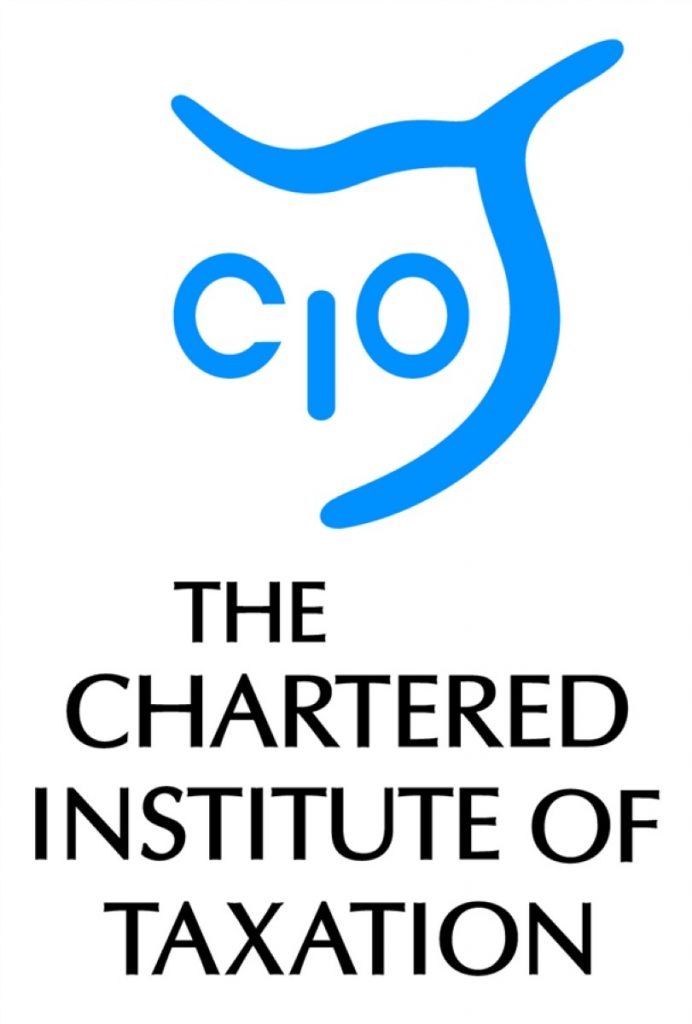House sellers and mid-year migrants benefit from CIOT-proposed Finance Bill changes
Representations by the Chartered Institute of Taxation (CIOT) have led to amendments to the draft legislation for the 2014 Finance Bill for the capital gains tax (CGT) private residence relief final period exemption and the split year rules under the Statutory Residence Test.
The first of these1 will ensure that all property sellers who exchange contracts before 6 April 2014 will be able to benefit from the existing 36 month window for private residence relief. The second2 corrects an error in last year’s Finance Act which meant non-doms resident in the UK for part of the year only would have inadvertently been charged capital gains tax on some gains arising while they were resident elsewhere.
Both changes appear in the Finance Bill which was published yesterday.
John Barnett, Chair of the CIOT’s CGT and Investment Income Sub-Committee commented:
“These changes are welcome evidence that the Government do listen – some of the time at least – to the representations of tax professionals and that the effort we put into legislative scrutiny is worthwhile.
“While neither change will affect large numbers of people both are helpful improvements which should ensure that the legislation catches those it is supposed to catch and does not catch those it is not meant to.”
Notes to editors:
1. Finance Bill 2014 will reduce the final period of ownership of a property that qualifies for private residence relief from 36 months to 18 months. The draft clauses included a transitional provision intended to preserve the 36 month period for transactions where contracts are exchanged before 6 April 2014 but completion occurs after that date. The CIOT said that imposing a requirement to complete by 6 April 2015 meant that the 36 month period would not be preserved for all disposals pre 6 April 2014, only those that completed by that apparently arbitrary date of 6 April 2015. HMRC have confirmed that one change to the draft legislation published at Autumn Statement is that there is no requirement for a contract entered into before 6 April 2014 to be completed before 6 April 2015 to get final period relief of 36 months. This is reflected in clause 54 of the Finance Bill.
2. Finance Act 2013 introduced a new Statutory Residence Test and contained rules (previously in extra-statutory concessions) to cater for a split year of residence for a non-UK domiciled individual coming to or leaving the UK. It provided that gains arising in the overseas part of the year were not charged. However, the CIOT had pointed out that the consequential change in paragraph 95 of Schedule 45 FA 2013 to the rules for remittance basis users contained an inadvertent error, the effect of which is to wrongly charge their gains arising in the overseas part of the year and remitted in the UK part of the year. That error is to be corrected in clause 55 of the Finance Bill.
3. The Chartered Institute of Taxation
The Chartered Institute of Taxation (CIOT) is the leading professional body in the United Kingdom concerned solely with taxation. The CIOT is an educational charity, promoting education and study of the administration and practice of taxation. One of our key aims is to work for a better, more efficient, tax system for all affected by it – taxpayers, their advisers and the authorities. The CIOT’s work covers all aspects of taxation, including direct and indirect taxes and duties. Through our Low Incomes Tax Reform Group (LITRG), the CIOT has a particular focus on improving the tax system, including tax credits and benefits, for the unrepresented taxpayer.
The CIOT draws on our members’ experience in private practice, commerce and industry, government and academia to improve tax administration and propose and explain how tax policy objectives can most effectively be achieved. We also link to, and draw on, similar leading professional tax bodies in other countries. The CIOT’s comments and recommendations on tax issues are made in line with our charitable objectives: we are politically neutral in our work.
The CIOT’s 17,000 members have the practising title of ‘Chartered Tax Adviser’ and the designatory letters ‘CTA’, to represent the leading tax qualification.





-01.png)